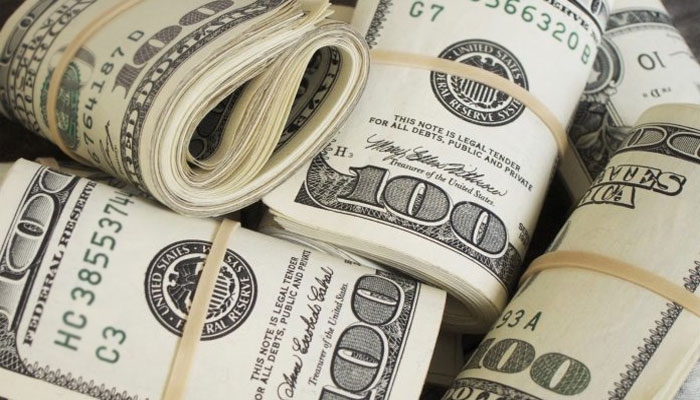 |
| It is very difficult for any asset or currency to surpass the US dollar. (Source: The News) |
Recently, many countries have been trying to find an alternative currency to the USD for use in international trade and reserves.
According to Business Insider , the Chinese currency is in its moment of glory and is a potential challenge to the global payment system dominated by the US dollar. As it seeks to expand the use of its currency, the world's second largest economy has made deals with many countries, including Russia.
And while the currency isn't the only rival to the greenback, it is the most prominent, amid rising US-China tensions over technology.
However, it will be difficult for any asset or currency to surpass the US dollar. More importantly, Beijing does not want the yuan to become the world 's main reserve currency, an expert on the Chinese economy told Business Insider.
Here are three reasons why even China is not keen on de-dollarization.
Don't want currency liberalization
While China appears to want to disrupt US global dominance, it only wants to do so on Beijing's terms, said Rory Green, chief China economist at London-based consultancy TS Lombard.
The People's Bank of China has moved cautiously over the past decade to promote greater use of the yuan without disrupting financial security and is unlikely to reverse that move now, the expert said.
This stability is maintained through the use of capital controls, which control the amount of foreign money that can move into and out of the Chinese economy, thereby affecting foreign currency exchange rates.
“Beijing’s policy is often to have such controls in place, seeing them as a prerequisite for an independent, sovereign monetary policy,” said Rory Green.
Because of these controls, Beijing can never fully liberalize its current account, but it can still pursue renminbi internationalization."
Rather than pushing the renminbi to become the dominant global reserve currency, Beijing will likely pursue a sphere of monetary influence among the countries it trades with actively, focusing on breaking the dollar’s dominance in parts of the world.
Do not let the current account deficit persist
The dollar's position and influence as a reserve currency comes at a cost, namely the US current account deficit.
Globally, the demand for dollars is greater than the demand for American imports, which are also paid for in greenbacks.
The United States must therefore run ever larger deficits to maintain its reserve currency status. This paradox was first presented to the US Congress in 1960 by Yale University economist Robert Triffin.
According to Bloomberg , the drawback of running a current account deficit is that it leaves a country vulnerable to sudden changes in global capital flows.
The United States has larger budget and current account deficits than most other countries because it is the issuer of the world's main reserve currency, Reuters reported.
“As the global economy expands, demand for reserve assets increases. These assets can only be provided to foreigners because the United States is running a current account deficit,” the news agency said.
Mr. Green said that although China is currently the world's second largest economy, it cannot afford to run a persistent deficit like the US.
“China cannot economically afford – barring significant structural reforms – to run a sustained current account deficit and provide sufficient global supply of renminbi assets,” he stressed.
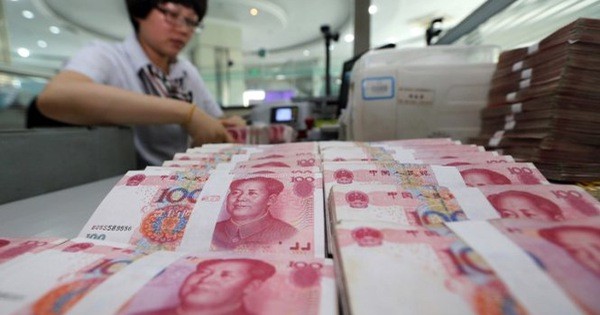 |
| The Chinese Yuan is having its moment to shine. (Source: Reuters) |
Need replacement property
The euro now plays a larger role than the yuan. In April 2023, 43% of all global payments made via SWIFT were made in USD, while 32% were made in euros. Meanwhile, only 2.3% of SWIFT transactions were made in yuan.
In parallel, according to data from the International Monetary Fund (IMF), the US dollar accounted for a large proportion, equivalent to 54%, of global foreign exchange reserves in the fourth quarter of 2022. The euro accounted for 20% of foreign exchange reserves and the yuan accounted for only 2.5% of these reserves.
“This means there is a lack of diversity when it comes to reserve assets,” Green said. “This is a problem for China’s central bank, which would have to hold large amounts of yuan-denominated bonds – similar to the US Federal Reserve, which currently holds a large amount of its assets in the form of Treasury securities.
With these issues, the renminbi is unlikely to overtake the greenback. China’s geopolitics and economic power are and will continue to drive the use of the renminbi for global trade and reserves. Greater international use of the renminbi would create channels to circumvent sanctions, but the dollar is not under threat.”
Source


![[Photo] General Secretary To Lam works with the Central Policy and Strategy Committee](https://vphoto.vietnam.vn/thumb/1200x675/vietnam/resource/IMAGE/2025/5/28/7b31a656d8a148d4b7e7ca66463a6894)
![[Photo] 12th grade students say goodbye at the closing ceremony, preparing to embark on a new journey](https://vphoto.vietnam.vn/thumb/1200x675/vietnam/resource/IMAGE/2025/5/28/42ac3d300d214e7b8db4a03feeed3f6a)

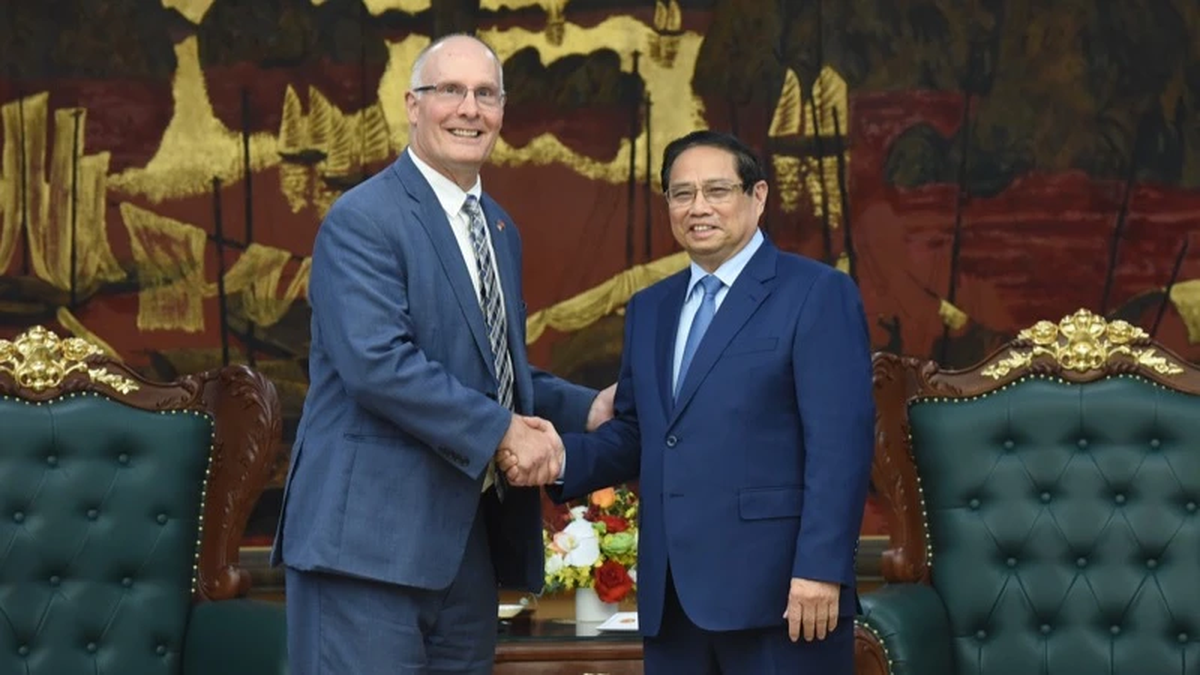
![[Photo] Prime Minister Pham Minh Chinh receives a bipartisan delegation of US House of Representatives](https://vphoto.vietnam.vn/thumb/1200x675/vietnam/resource/IMAGE/2025/5/28/468e61546b664d3f98dc75f6a3c2c880)
![[Photo] Vietnamese and Hungarian leaders attend the opening of the exhibition by photographer Bozoky Dezso](https://vphoto.vietnam.vn/thumb/1200x675/vietnam/resource/IMAGE/2025/5/28/b478be84f13042aebc74e077c4756e4b)
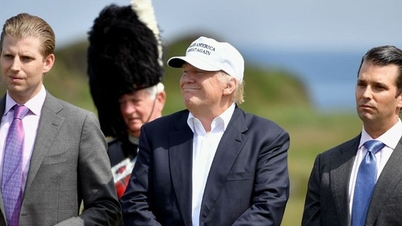





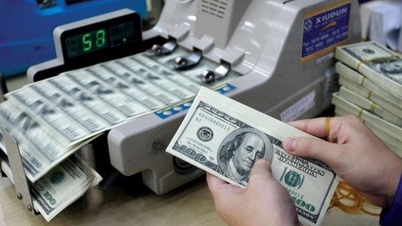
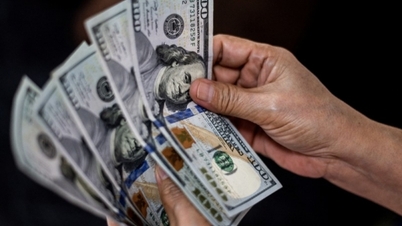
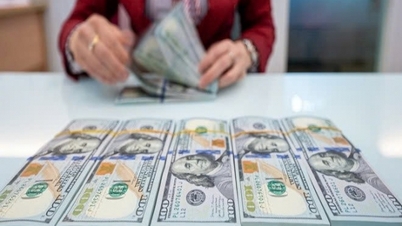



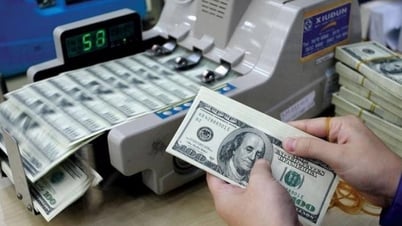











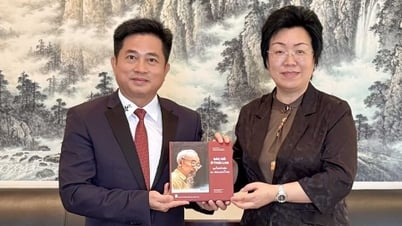




























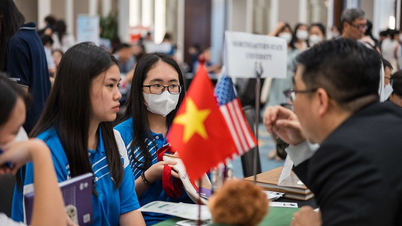



















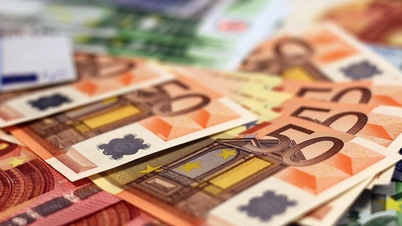






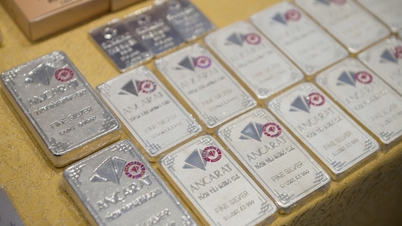
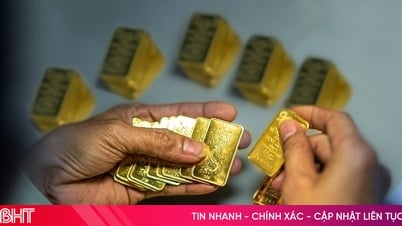









Comment (0)